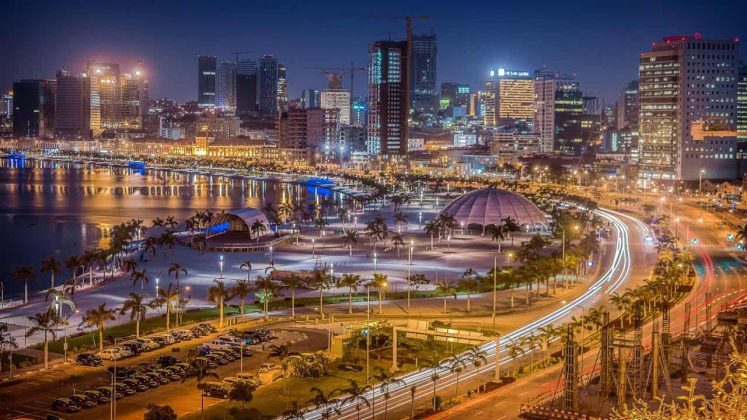Mercer is the leading provider of data on cost of living and housing for employees sent to work abroad. As part of the ongoing research, Mercer produces these annual rankings of the cost of living in more than 200 of the most prevalent assignment destinations for expatriate employees. The rankings demonstrate how currency fluctuation and shifts in the prices of goods and services can affect the purchasing power of expatriate employees. Multinational companies rely on Mercer for timely and accurate information to compensate their skilled professionals who take on international assignments.
Luanda remains the highest-ranking city in Africa, according to Mercer’s 24th Cost of Living survey which ranks cities around the world.
In addition, two South African cities, Cape Town and Johannesburg have gone up in their ranking from 199 to 170 and from 191 to 177 respectively.

Key African findings
Despite dropping off the top spot on the global list, Luanda, Angola (6) remains the highest-ranking city in Africa. This drop has been primarily because of the downward trend in the housing market and the depreciation of the local currency to the USD, making it more attractive for foreign investments and also cheaper for foreigners to live in.
N’Djamena (8) follows, rising seven places. Moving up fourteen spots, Libreville (18) is the next African city on the list, followed by Brazzaville, Congo (19), which moved up eleven places.
As compared to last year’s report, some African countries like Cape Town in South Africa and Tunis in Tunisia have seen a noticeable increase in accommodation related rentals. Whereas the opposite has been recorded for Cairo, Egypt where the rental value, especially for houses have dropped.
“Using expatriates, especially for highly skilled operational positions or executive positions roles is still the prevalent practice among multinationals that are investing in the continent,” said Nicolaas Janse van Rensburg, senior mobility consultant at Mercer.
“For example, if it is a relatively new organisation that is starting its operation in the continent, they tend to bring talent from the head office. This is primarily because specialised skills are not yet locally available.”
“Multinationals cannot approach their expatriate packages for Africa with one broad brush stroke. For example, Luanda in Angola has been listed as the sixth most expensive city in the world, whereas Windhoek in neighbouring Namibia comes in at the 196th position in terms of cost of living, highlighting that each African country has its own unique economy,” continues Janse van Rensburg.

Determining compensation strategies for expatriate employees
Mercer’s survey is one of the world’s most comprehensive and is designed to help multinational companies and governments determine compensation strategies for their expatriate employees.
New York City is used as the base city for all comparisons, and currency movements are measured against the US dollar. The survey includes over 375 cities throughout the world; this year’s ranking includes 209 cities across five continents and measures the comparative cost of more than 200 items in each location, including housing, transportation, food, clothing, household goods, and entertainment.
“Multinationals need to let go of their misconception that the African market is extremely volatile. It is just not in Africa where varying cost of living differentials are evident, the report findings highlight that the cost of living in even developed economies are always fluctuating due to a multitude of reasons ranging from currency fluctuations to housing costs,” concludes Janse van Rensburg.
Global ranking
Other cities appearing in the top 10 of Mercer’s costliest cities for expatriates are Seoul (5), Luanda (6), Shanghai (7), N’Djamena (8), Beijing (9), and Bern (10). The world’s least expensive cities for expatriates are Tashkent (209), Tunis (208), and Bishkek (207). Due to the strengthening of the local currencies to the US Dollar, N’djamena (Chad) and Bejing (China) are the two new additions to the list of top 10 cities.
According to the report, factors like instability of housing markets, low inflation and fluctuating prices for goods and services are impacting the cost of doing business in various countries in the continent. Multinationals are embracing this transformation by focusing on mobile talent and assessing the cost of expatriate packages for the international assignees.
Mercer produces individual cost of living and rental accommodation cost reports for each city surveyed.
For more, visit www.mercer.com/col.

